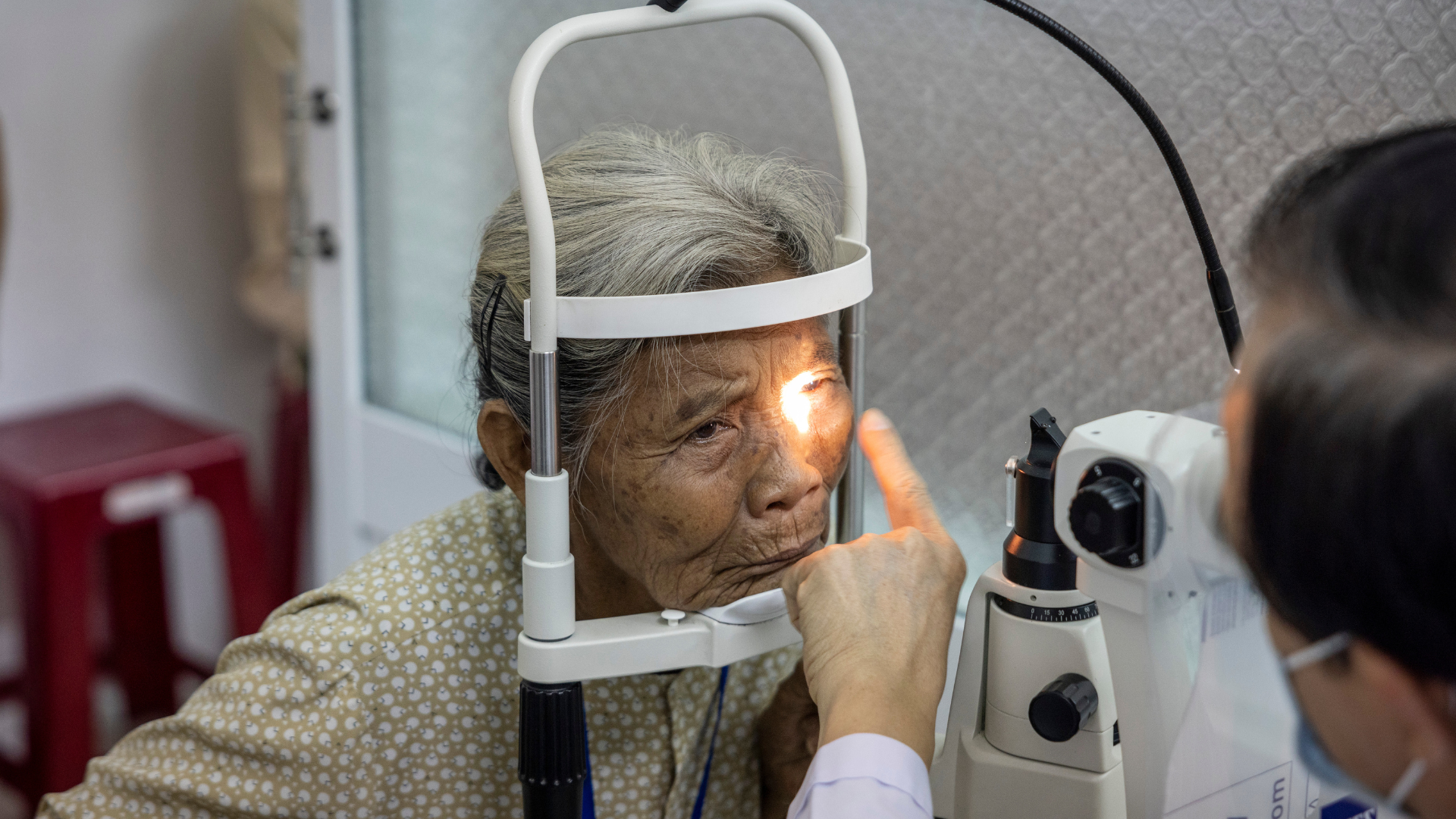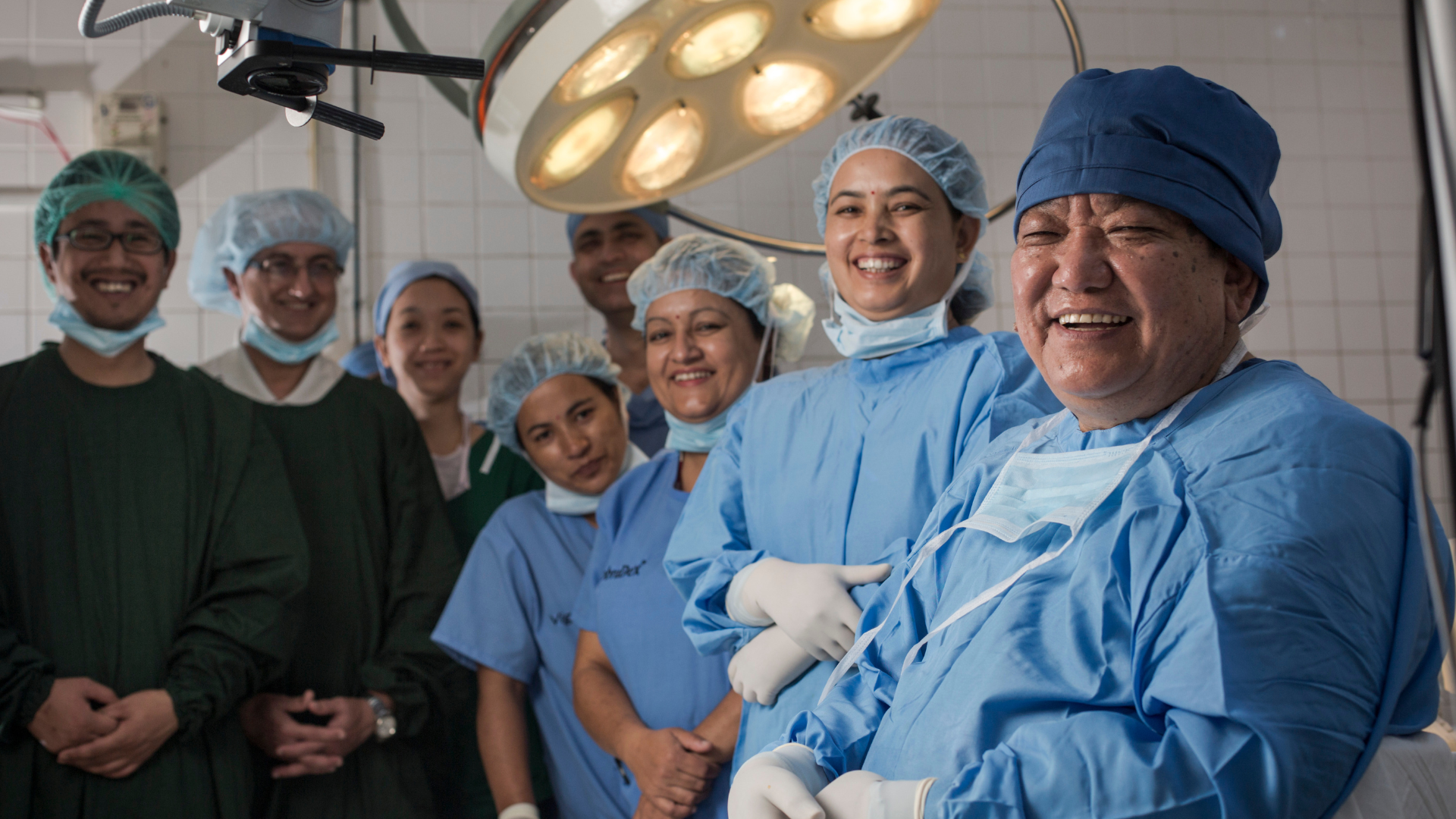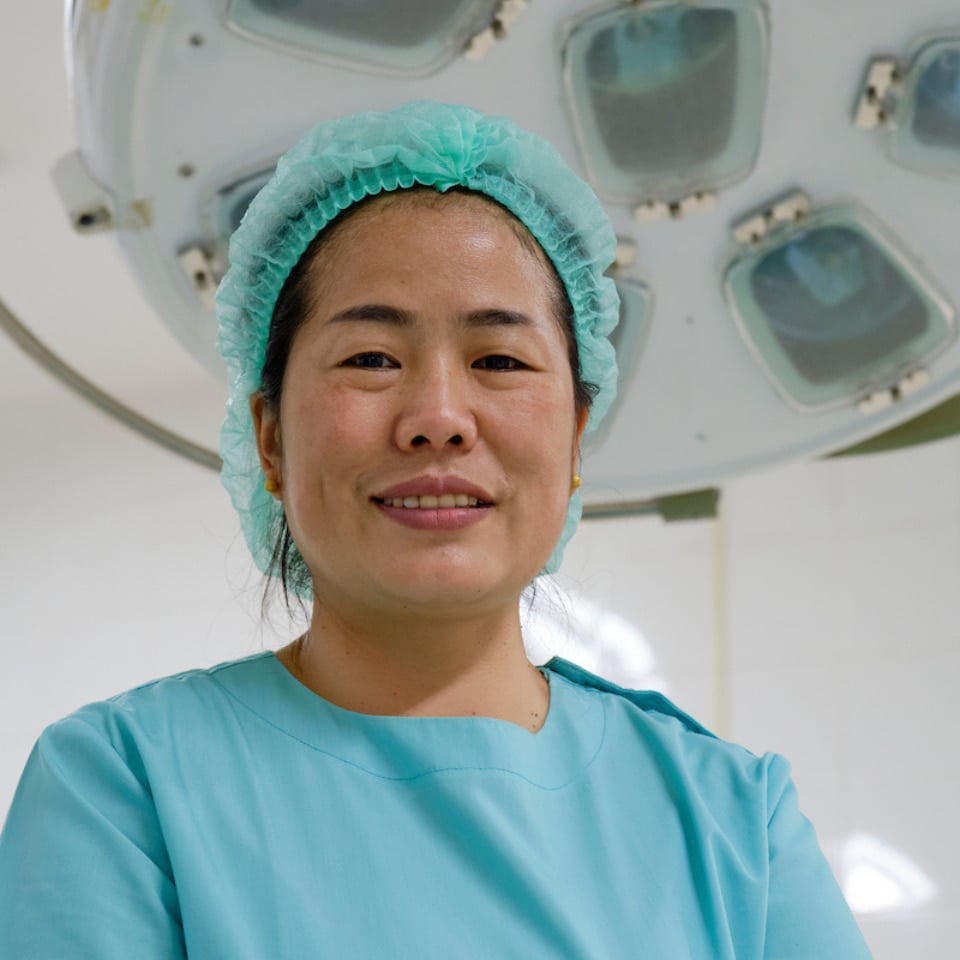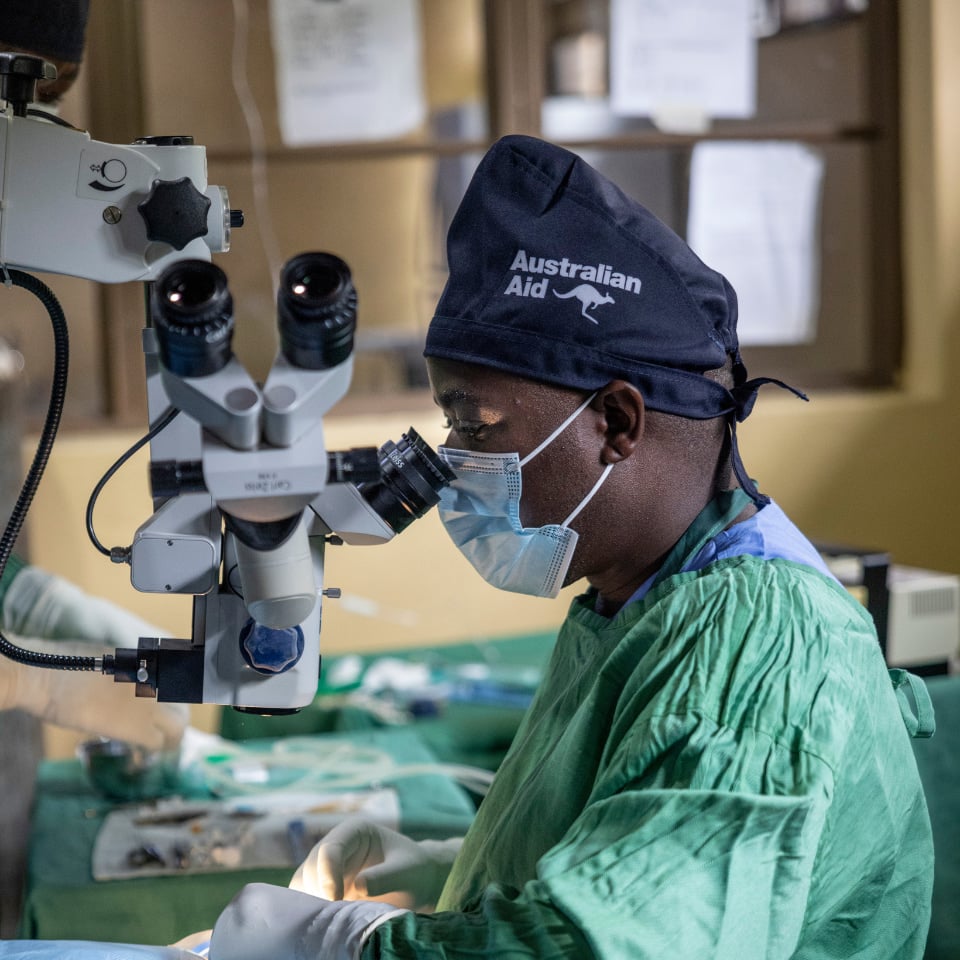5 FAQs about eye health you may not know the answer to

There’s no doubt that our vision is important for completing everyday tasks, such as reading, driving, and recognising the faces of our loved ones. So why do so many of us not prioritize our eye health and fail to take the steps to maintain good vision throughout our lives? Keep on reading to learn more about taking care of your eye health
In a hurry?
Click on the link below to go directly to the question you’re most interested in:
- Can eye exams detect other health problems?
- Does a healthy diet help improve your vision?
- Do UV rays damage your eyes?
- How can you treat cataract?
- Can your vision improve over time?
1. Can eye examinations detect other health problems?
Many people are unaware that regular eye exams can actually detect health problems beyond just eye-related issues.
During an eye examination, an eye doctor can detect signs of diabetes, high blood pressure, thyroid disease, brain diseases, and even some forms of cancer. The reason for this is that the eye is the only place in the body where blood vessels can be seen without a surgical procedure. This means that abnormal changes in the eye's blood vessels can indicate some abnormal changes/effects in other parts of the body. Therefore, it is important to schedule regular eye examination to not only check your vision but also detect any potential or existing health problems.

Photo Credit: The Fred Hollows Foundation
2. Does a healthy diet help improve your vision?
We all know that a healthy diet is important for overall health, but did you know that it can also improve your vision?
Foods rich in Vitamin A like green leafy vegetables, yellow fruits help to maintain the health of eye and vision as it has impact on cells of retina and other parts of eye.
Eating foods rich in vitamins C and E, zinc, and omega-3 fatty acids can help reduce the risk of developing age-related macular degeneration (AMD).
Additionally, consuming foods with lutein and zeaxanthin, such as leafy greens, can also help protect against AMD. Therefore, it's important to include a variety of fruits, vegetables, and healthy fats in your diet to promote good eye health.

Photographer: The Fred Hollows Foundation
3. Do UV rays damage your eyes?
Just like your skin, your eyes can be damaged by UV rays from the sun.
Excessive exposure to UV rays can cause changes to the retina. These rays can damage the retina over time, which can increase the risk of age-related macular degeneration, a condition that can cause progressive vision loss. These harmful UV rays are also related to the development of some of the cancers in and around the eye.
You can reduce the risk by wearing sunglasses that offer UV protection and wearing a wide-brimmed hat.

Photographer: Sasha Woolley
4. How can you treat cataract?
Cataract is not like other eye conditions where treatment like antibiotics can be used- it can only be treated by surgery. Hence, it is important to have eye examinations regularly so that cataract can be detected on time and surgical treatment can be done on time.
During cataract surgery, the cloudy lens is removed and replaced with an artificial lens (known as an IOL) to restore clear vision. This is a safe and common procedure that is performed on millions of people each year, with a high success rate in improving vision. After surgery, most people can return to their normal activities within a few days and experience a significant improvement in their vision.
The Fred Hollows Foundation’s approach to tackling cataracts involves a combination of training local doctors and healthcare workers to perform cataract surgeries, providing equipment and supplies needed for cataract surgeries, and increasing awareness about the need for early diagnosis and treatment of cataracts.

Photographer: Michael Amendolia
5. Can your vision improve over time?
This is a tricky one.
This depends upon the conditions and type of disorder present. You can maintain/protect your vision by protecting your eyes from injury and strain, wearing appropriate eyewear when necessary and taking regular breaks from activities that require extended visual focus, such as reading or using a computer and having regular eye examinations by eye care professionals.
If you have an eye condition, such as farsightedness, nearsightedness or astigmatism, these can be improved by use of corrective glasses. Ealy diagnosis and treatment of conditions will help to maintain the vision of eye. Regular examinations and follow-up as advised are important in maintaining good health of the eyes and avoiding serious complications.
COVER PHOTO: The Fred Hollows Foundation
Meet the author
Related articles

The eye doctor helping communities see again in Laos

Taking eye care to potters in Bangladesh

How we celebrated World Sight Day 2025: Promoting eye health around the globe
Disclaimer: the content on this page is not intended to be medical advice. For medical advice, please contact your local health professional.

